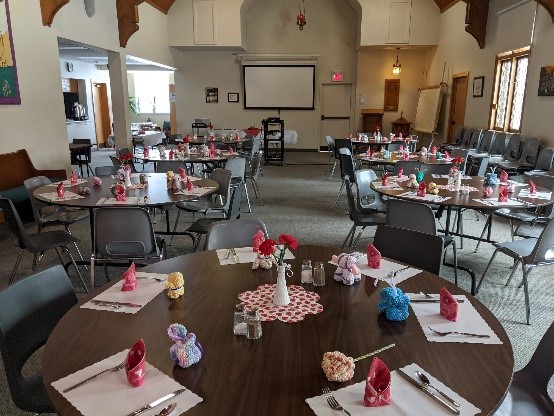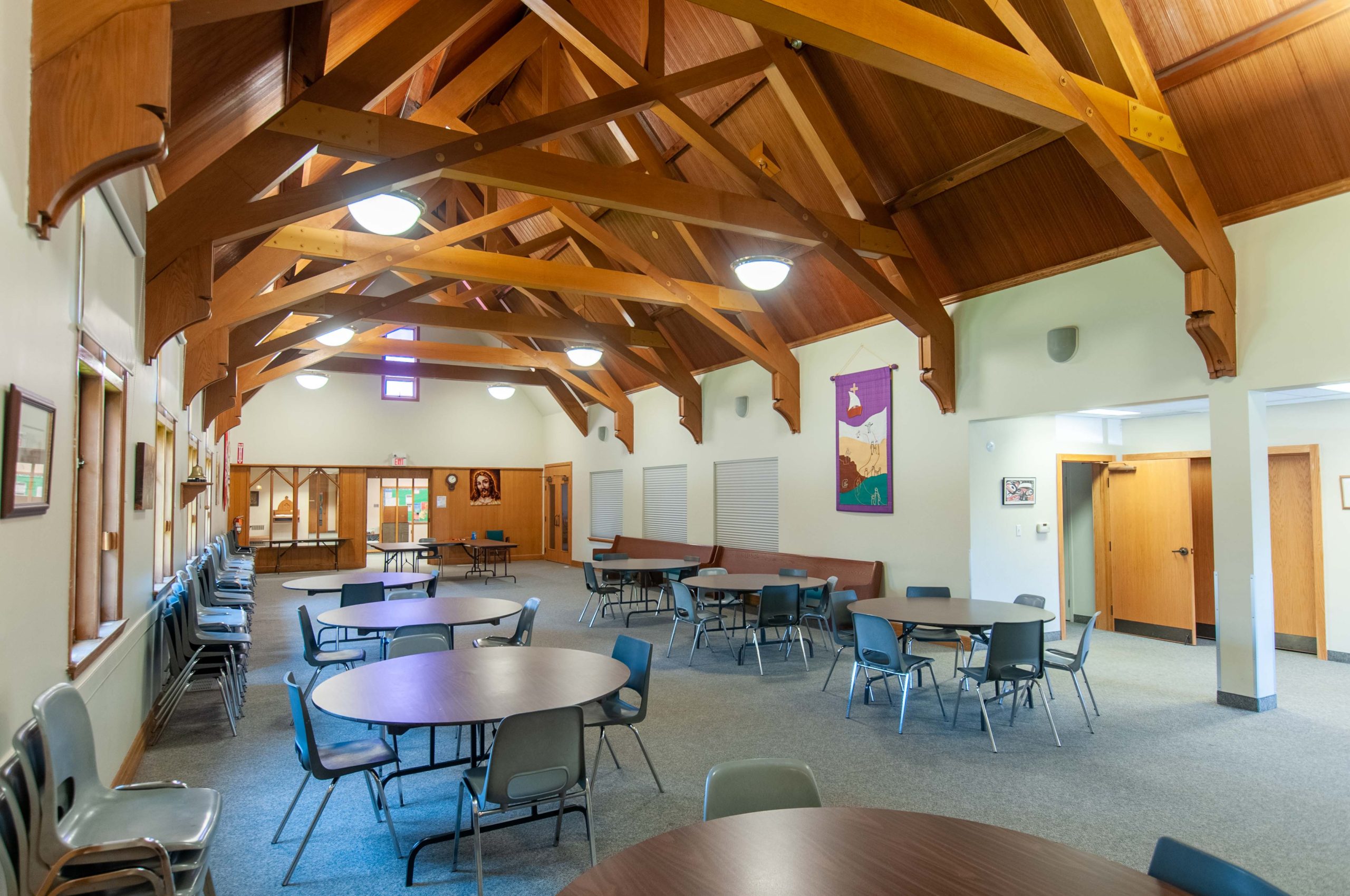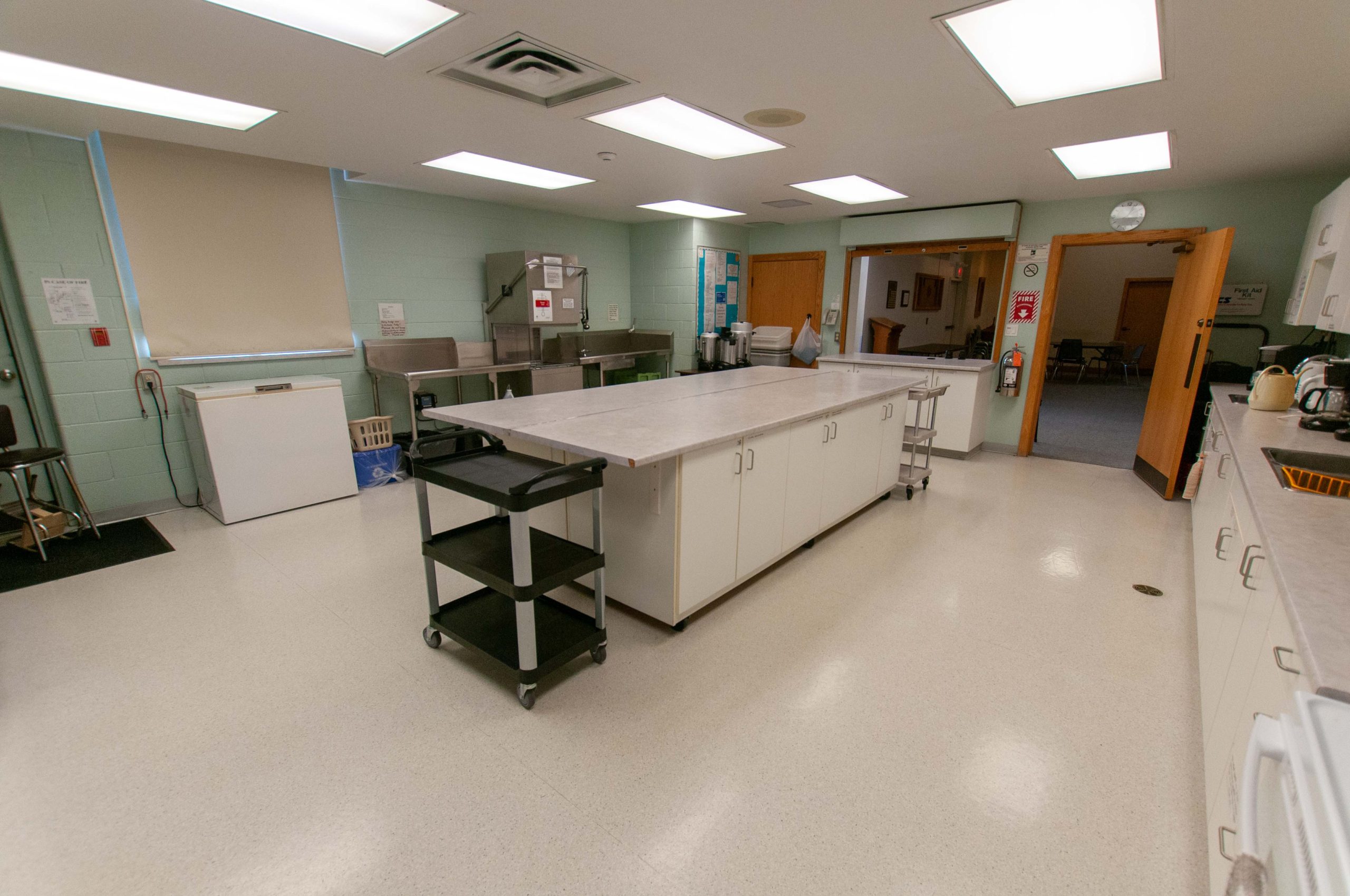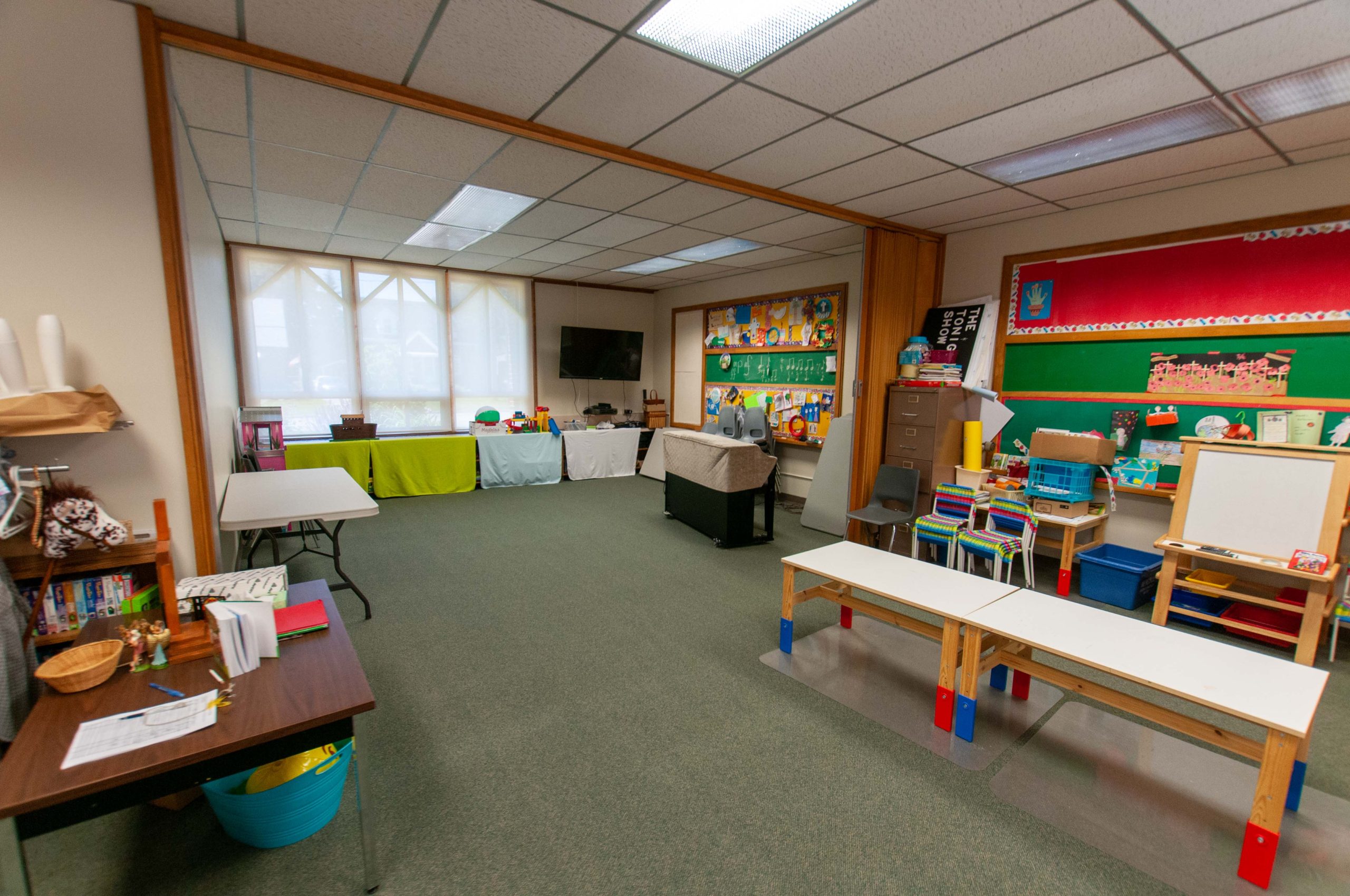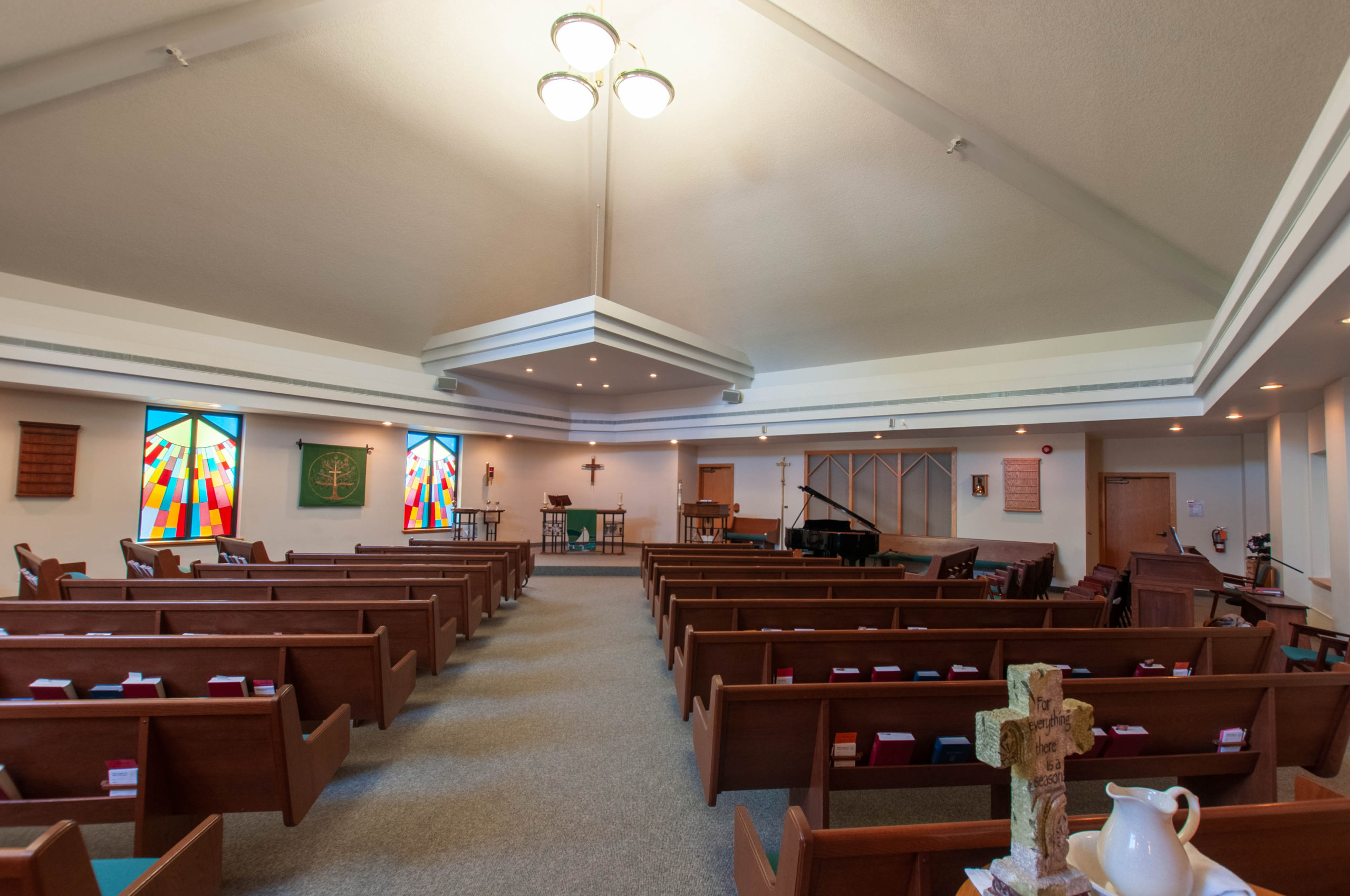About Us
Plan your visit
How to Find Us:
We are located at 248 Highland Road East in Kitchener which is at the corner of Stirling Avenue and Highland Road.
GRT Bus Routes: We are conveniently located on both Route #2 and #16.
What do I need to wear at church?
You will find people at church who are wearing a suit and tie as well as people in jeans and t-shirts. Be yourself.
Where do I park?
Feel free to use our parking lot which can be accessed from Highland Road or Russel Street, or take advantage of street parking. We like to make sure that spaces closer to the church are available for those with accessibility issues or young children.
When can I come?
To be sure there is someone to greet you, please contact the church office or pastor either by phone or email for opportunities to visit outside of Sunday morning worship times.
Or join us on YouTube
Who’s Who
Our team and leadership
List of employees council/committee chairs and group leaders

Elizabeth Hackett
Church Musician
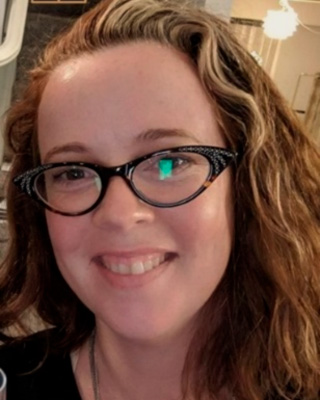
Kathleen Robert
Church Administration
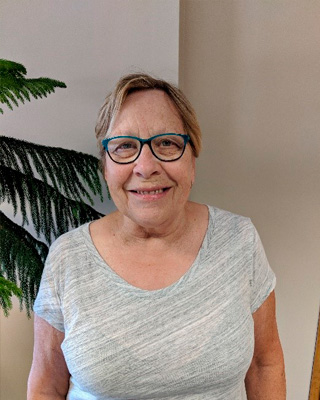
Charlene Crozier
Church Administration
Health & Safety Representative

Donna Seidl
Church Administration
| Council Executive | Linda Mittleholtz – Chair |
| Jan Hansen – Vice Chair | |
|
Brian Burchatzki – Treasurer Linda Weinstein – Secretary |
|
| Card Group Coordinators | Larrie Brown |
| Larry Kennedy | |
| E.L.W. Contact | Donna Seidl |
| Choir and Handbells | Elizabeth Hackett |
| Community Life Team Chairperson | Dia Penny |
| Quilting Group Contact | Wilma Peirson |
| Property Chairperson | Alex Keuper |
| Women’s Prayer & Book Club Contact | |
| Worship & Music Committee Team Leader | Jan Hansen |
St. Stephen has a variety of rooms that may be rented either for short term/day use or for extended periods. Our Kitchen is inspected and holds a community kitchen designation from Waterloo Regional Public Health. Please contact the church office either by phone or email with inquiries.
Our Church History
Some 75 years ago, the Home Missions Committee of the Canada Synod, at the suggestion of local area pastors, commissioned a door-to- door survey by two seminarians in what was then the southwestern extremity of the city of Kitchener. The survey indicated that this new and growing area provided an excellent prospect for a new Lutheran Church. The Home Missions Committee then purchased the house and adjacent lots on the corner of Highland Road and Shoemaker (now Stirling) Avenue and set in place plans to develop a new mission. In late 1948, Pastor Alvin Baetz was called to develop this new mission.
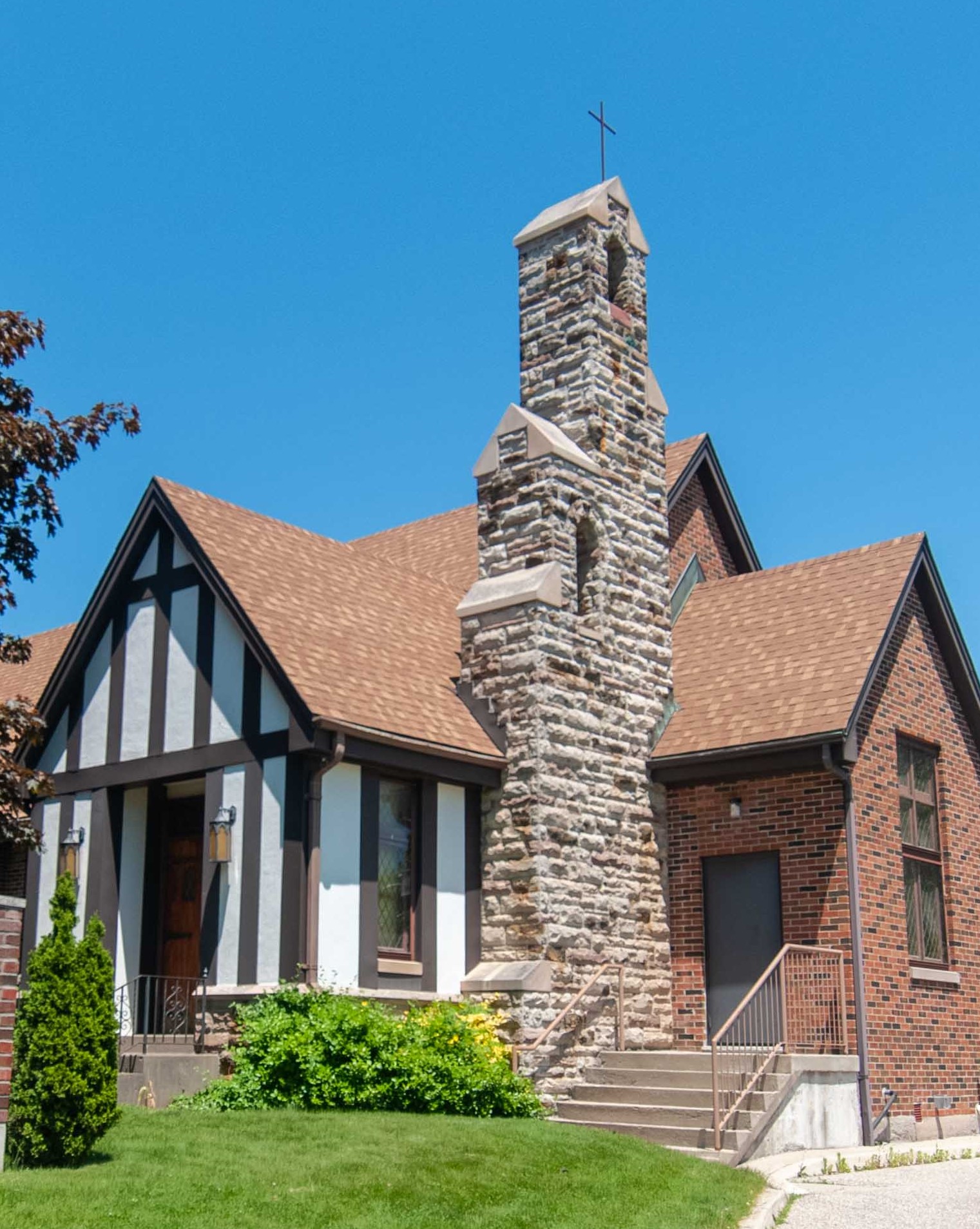
1949
Just ten weeks later, on March 20, 1949, at an afternoon service, again in the parsonage basement, 91 adults signed the charter and a new Lutheran Church was officially organized. Immediately following the service, a congregational meeting was held. A constitution was adopted; the name St. Stephen Lutheran Church was chosen; Pastor Alvin Baetz was called as the first pastor; and a church council was elected. By the end of 1949, the charter list had grown to 144 adult members, and St. Stephen’s Lutheran Church was well on its way.
1952
After three years of worshipping in the parsonage basement, the new building was dedicated.
1963
The new Christian Education Wing was dedicated. That year the average attendance in the Sunday School was approximately 180 pupils each Sunday from September to May. Attendance continued to increase for the next few years, peaking at 195 per Sunday in 1966.
1984
After 35 years as pastor of St. Stephen, Pastor Baetz retired. Following an interim, led by retired pastor Norman Berner, Pastor Bill Shafer was called as pastor. During Pastor Bill’s tenure, St Stephen’s pastoral staff would also include Pastor Debra Johnston, Pastor Katherine Altenburg and Pastor Lloyd Wiseman.
2002
The new Sanctuary was dedicated. Major renovations also included a new kitchen and conversion of the former sanctuary into a fellowship hall
2014
Pastor Bill Shafer retired; Pastor Richard Schwass called to serve as pastor.
What is a Lutheran?
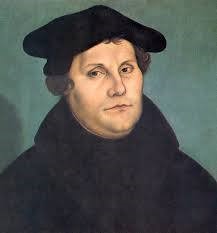
Our theology is based on the thoughts and teachings of the German theologian and monk, Martin Luther (1483-1546).
Some of Luther’s teachings –
Salvation and eternal life are not something humans can achieve through their own actions and behaviour – they are God’s gifts, freely given to us through God’s grace.
Each person should be able to study the Bible and to participate in worship in their own language. He translated the Bible from Latin into German and created a German version of the mass.
Because of Luther’s criticism of the practices of the Roman Catholic church he was excommunicated which led to the birth of the Protestant movement – the Reformation.
In recent years the Lutheran and Roman Catholic churches have held conversations that have led to a deepening relationship and re-examination of the position of each church body.
Contact Us

